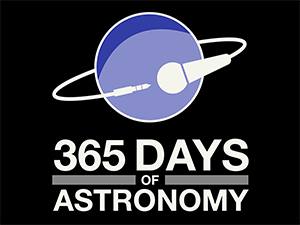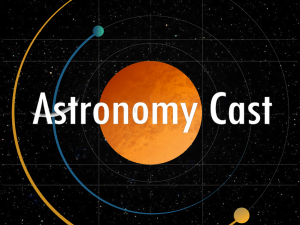
The Earth is the only planet we can currently explore in detail, and with almost 5000 planets known, that is a pretty frustrating reality. At least we have this one, and while using it as a lab experiment, interdisciplinary teams are forever finding new and creative ways to understand our world’s past as we wonder if what has happened here has also happened out there, among the stars.
One of the harder things to study is the effect of the Earth’s slowly changing orbit on the slowly changing life it carries. Evolution is a driving force of change, and local effects over the short term often dominate over the millennial changes of orbits. To figure if the orbital changes do have an effect, researchers turned to an ancient constituent of plankton, coccolithophores, to see if they record changes in their nearly three million-year fossil history.
These tiny lifeforms build up limestone plates, called coccoliths, that get left behind when the algae die. According to a new paper in Nature, researchers looked at more than nine million coccoliths that had been deposited on the ocean floor over 2.8 million years and examined them for changes over time.
This work was only possible thanks to automated microscopes and advances in computer vision that allowed most of the data to be classified by software. With this amazingly long baseline, they were able to find patterns of change over 100,000 and 400,000 years, with the pattern being one of a change in diversity; over time, they noticed the diversity in sizes of coccoliths changed, with the little critters sometimes being all about the same size and sometimes coming in a larger range of sizes.
The 100,000- and 400,000-year changes aligned with the Earth’s variation in orbit, as it wanders from having a very circular orbit as it has now to having a more flattened orbit like Mars currently has. With a circular orbit, the equatorial regions of the Earth experience little seasonal variation, and the winter in the north is no different than winter in the south. When the orbit is more elliptical, the seasons are more severe and vary more between hemispheres. This diversity of global weather is believed to lead to greater diversity in coccolith sizes but an overall decrease in the number of limestone shells.
And it turns out, this diversity in how and how many coccoliths were formed may have further influenced the environment. According to a press release from French National Centre for Scientific Research: …due to their abundance and global distribution, these organisms are responsible for half of the limestone (calcium carbonate, partly composed of carbon) produced in the oceans and therefore play a major role in the carbon cycle and in determining ocean chemistry. It is therefore likely that the cyclic abundance patterns of these limestone producers played a key role in ancient climates, and may explain hitherto mysterious climate variations in past warm periods. In other words, in the absence of ice, the biological evolution of micro-algae could have set the tempo of climates.
It amazes me that such small critters (if you can call algae a critter) can be responsible for so much science and so much influence. This is your reminder that even the smallest among us can have a mighty impact.
More Information
CNRS press release
“Cyclic evolution of phytoplankton forced by changes in tropical seasonality,” Luc Beaufort et al., 1 December 2021, Nature



